Bestowing the Green Beret upon Special Forces in 1961, President John F. Kennedy called the distinctive headgear "a symbol of excellence, a badge of courage, a mark of distinction in the fight for freedom." That standard of excellence continues to distinguish those who have earned the Special Forces tab.
From enabling partner nation forces around the globe to organizing, training, equipping and conducting combined combat operations with Iraqi and Afghan special operations forces, the Green Berets are decisively engaged supporting U.S. national objectives. Those efforts often begin at the local level by building rapport with indigenous peoples and gaining valuable insights and information, often through shared cups of chi tea with tribal leaders. These and other efforts lead to enduring partnerships and commitment to common goals.
In high demand for their adaptability, cultural acumen, language and specialty skills, Special Forces Soldiers take great pride in their official motto "De Oppresso Liber." This Latin phrase meaning, "To Liberate the Oppressed," references one of their primary missions: training and combat-advising foreign indigenous forces.
Special Forces' roots date back to World War II, when the Office of Strategic Services and the First Special Service Force were formed. These units specialized in behind-the-lines guerrilla warfare and commando operations. Later, Special Forces gained renown in the Vietnam War, where they earned 17 Medals of Honor. Many of the early Green Berets were Lodge Act volunteers-foreign-born men who fought for various nations in World War II.
Following Vietnam, they continued to contribute to the defeat of insurgencies around the globe, often with a small footprint in remote areas. These warriors displayed a long-term commitment to our allies that has led to great operational success in such places as El Salvador, Colombia and the Philippines.
Following the attacks of Sept. 11, 2001, Special Forces further demonstrated their capabilities when less than 300 Soldiers, working closely with indigenous partners, caused the collapse of the Taliban-led government of Afghanistan in 43 days. In Iraq, Special Forces, working with select Iraqi indigenous partners, prevented an entire Iraqi corps from reinforcing Baghdad, while simultaneously conducting multiple special operations in the Western Desert and spearheading attacks toward Baghdad. Since then, Special Forces Soldiers have been on the cutting edge of our nation's global partnership to defeat terror and eliminate insurgencies from the Philippines to Colombia to Africa.
The 12-man ODA (Operational Detachment Alpha) or "A-team," is largely made up of NCOs. Each man has a specific function, ranging from operations and intelligence, to weapons, engineering, medical and communications. The advanced training for each specialty can take six months or longer and includes small-unit tactics; languages; and survival, evasion, resistance and escape. The ODA itself may specialize in an infiltration skill or a particular mission-set, such as military freefall, combat diving, mountain warfare, maritime operations or urban operations.
Entry into Special Forces begins with Special Forces Assessment and Selection, or SFAS, held at Camp Mackall, near Fort Bragg, N.C. Mentally and physically demanding, the course is designed to see if a Soldier has what it takes to serve on an ODA. Particular emphasis is placed on attributes such as intelligence, physical fitness, motivation, trustworthiness, accountability, maturity, stability, judgment, decisiveness and teamwork. About 40 percent of all candidates attempting SFAS are successful.
Getting "selected" at SFAS (Phase 1) enables a candidate to continue to the next four phases of the Special Forces Qualification Course (the "Q-Course"). All Special Forces trainees must complete the Army Airborne School before beginning Phase 2 of the Q-Course. If a candidate successfully completes these next four phases, he will graduate as a Special Forces Soldier and be assigned to an ODA.
Special Forces groups are currently located at Fort Bragg, Fort Campbell, Ky.; Fort Carson, Colo.; and Fort Lewis, Wash. Additional Special Forces battalions are in Okinawa, Japan, and Panzer Kaserne, Stuttgart, Germany. In 2011, the 7th Special Forces Group (currently at Fort Bragg) will relocate to Eglin Air Force Base, Fla. There are also two National Guard Special Forces Groups located in Alabama and Utah, with subordinate units based in 19 states.
As proven leaders, warriors and diplomats, the global demand for Special Forces Soldiers has never been higher. To meet the demand, Special Forces units are being expanded, with a fourth battalion of roughly 400 Soldiers being added to each of the Army's five active-duty Special Forces Groups. This growth has placed an equally high demand on non-Special Forces support Soldiers, critical to the logistical and support needs of a Special Forces group.
Of note: there is a misconception that elite units such as Rangers, Navy SEALs and others are collectively part of the Special Forces. They are more accurately referred to as "special operations forces." Special Forces (always capitalized), or "SF," is the proper name of the U.S. Army Special Forces, whose Soldiers are also known as Green Berets.
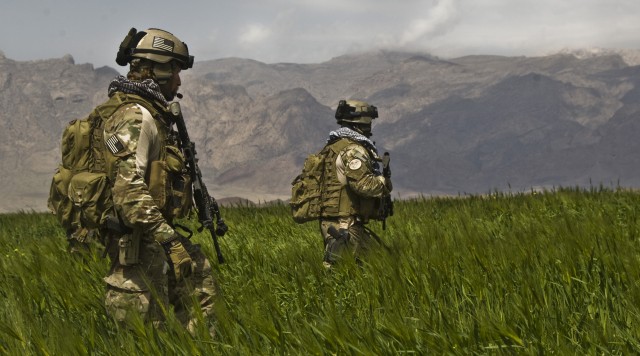

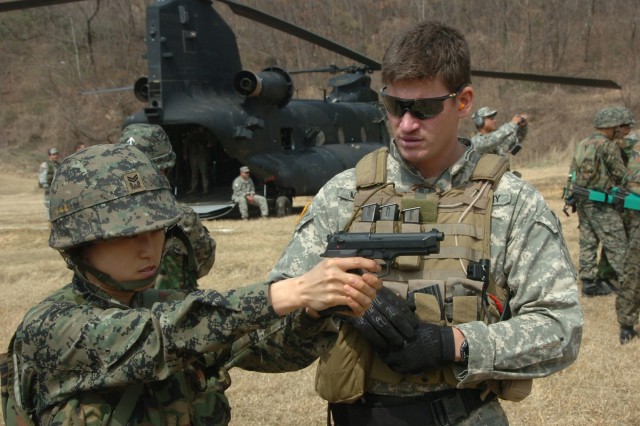
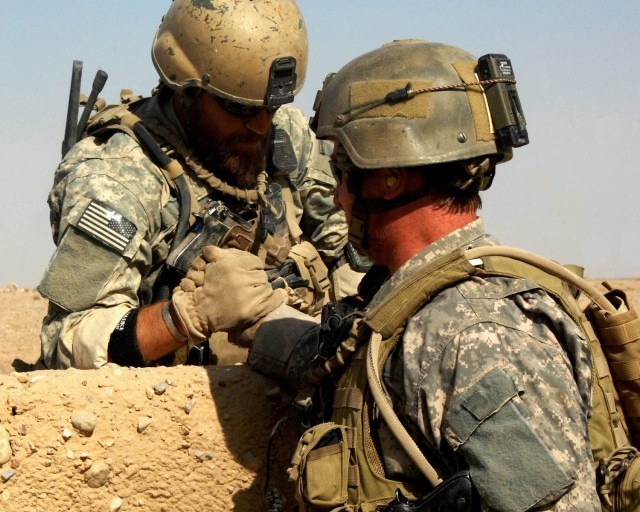
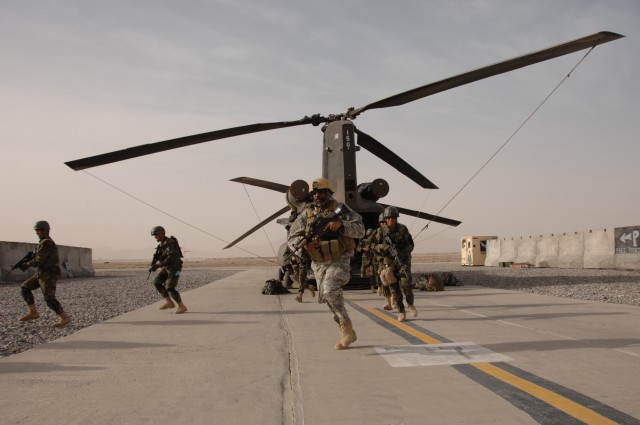
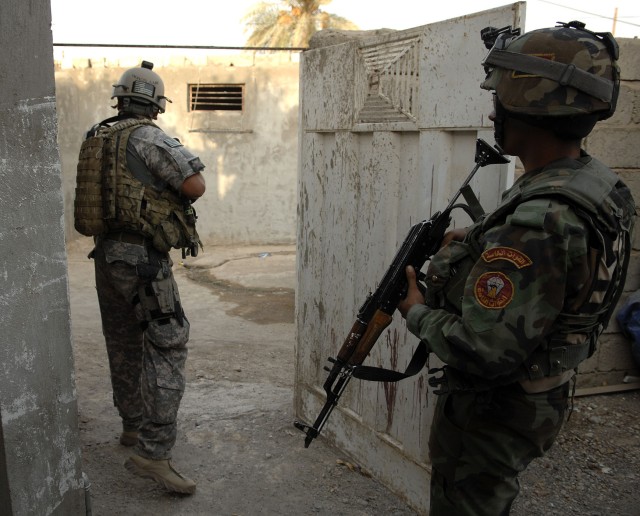
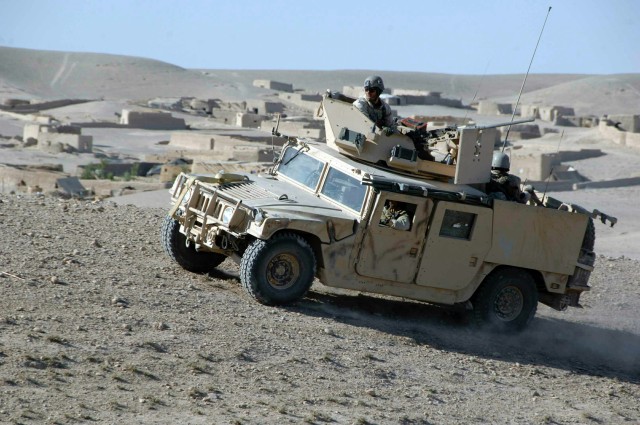
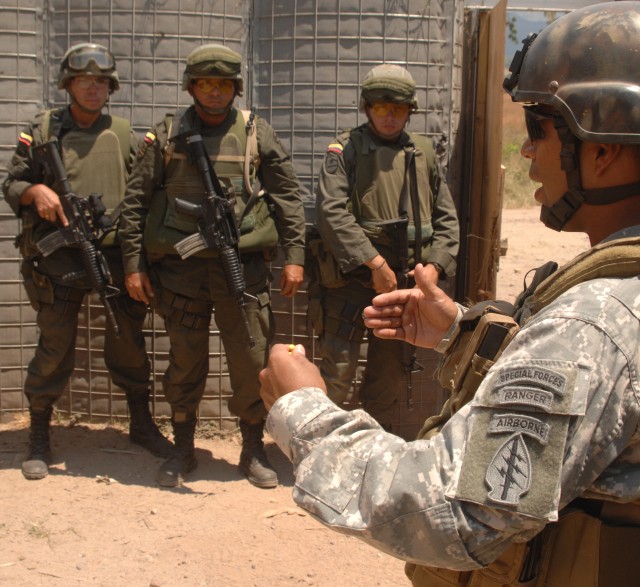
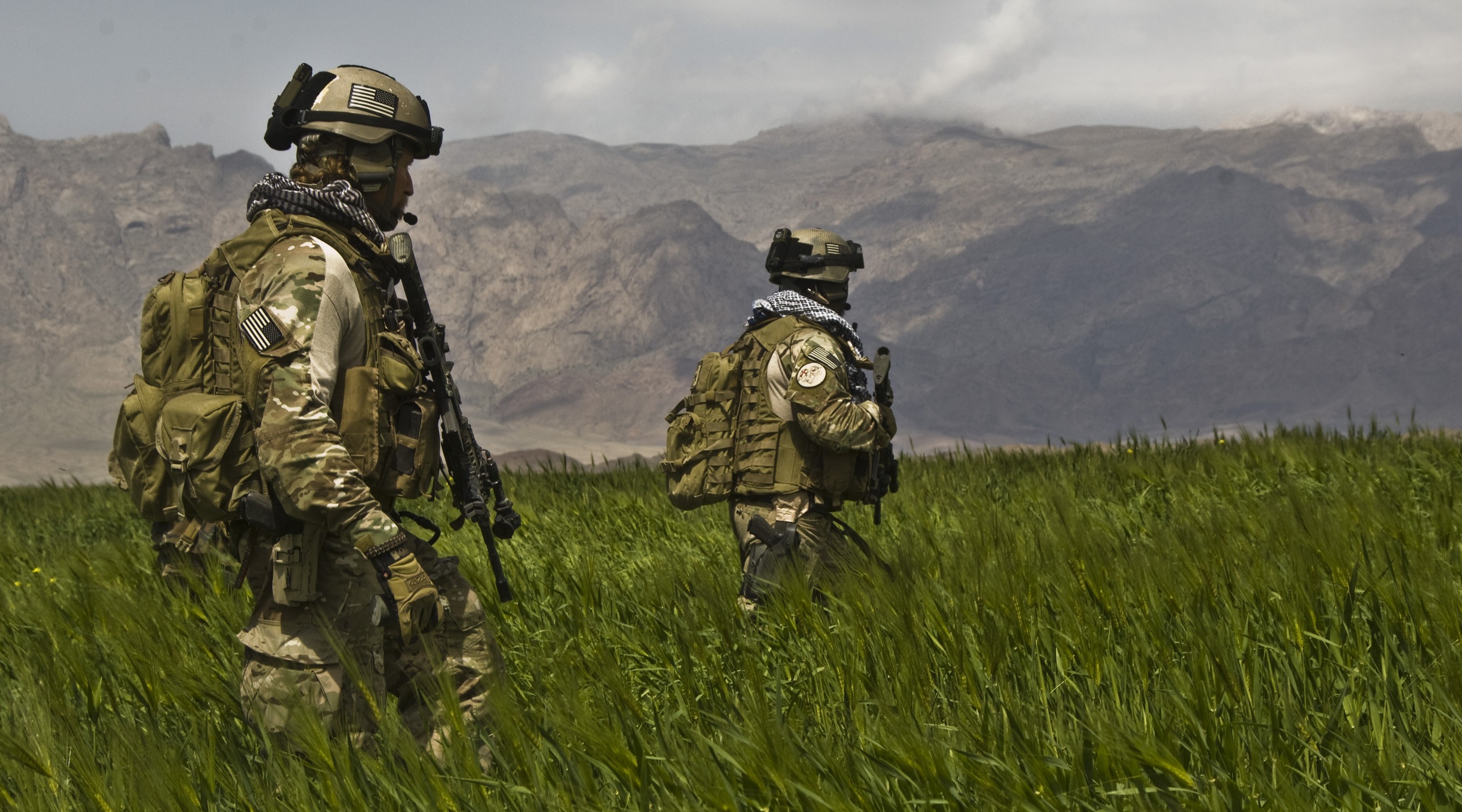


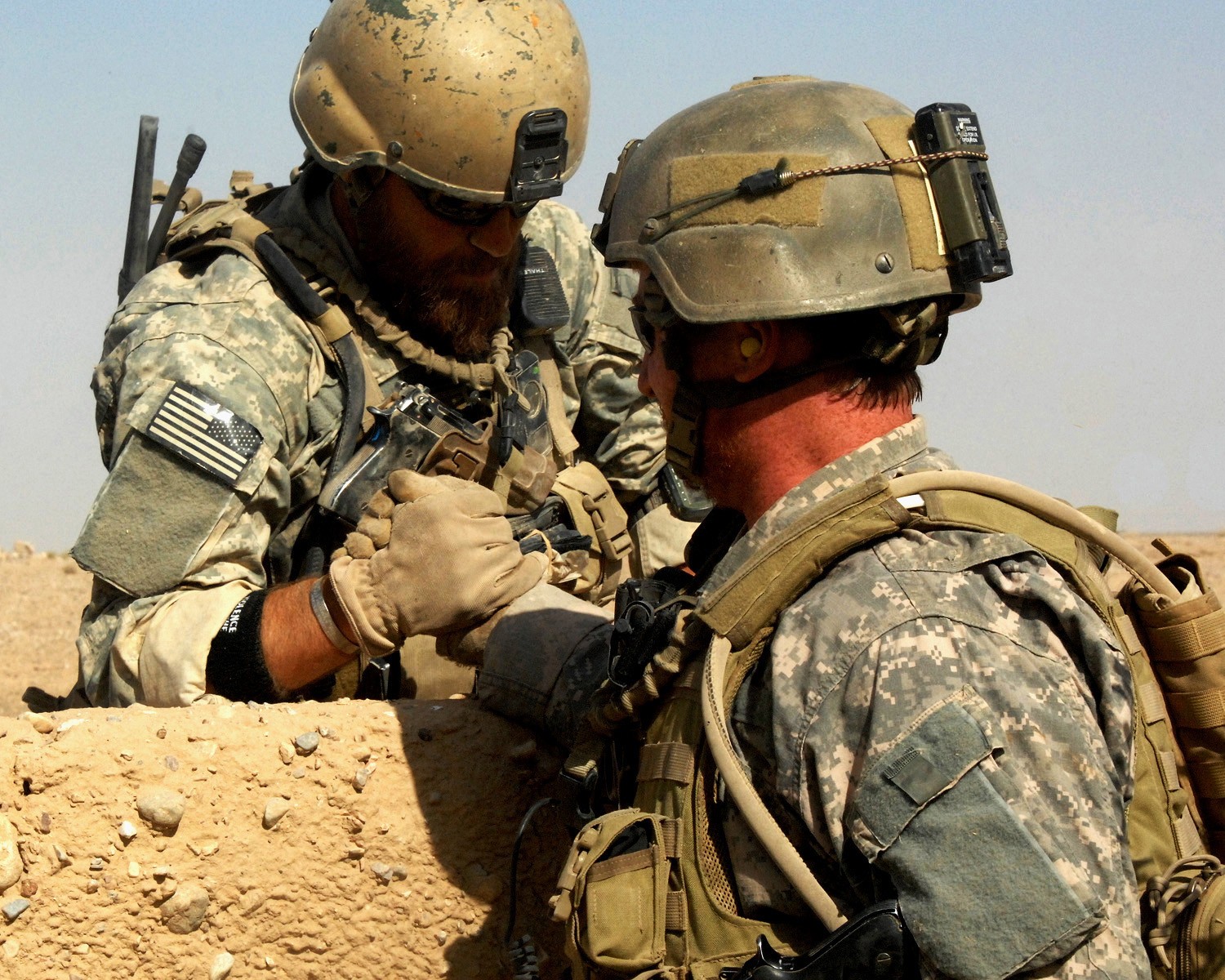



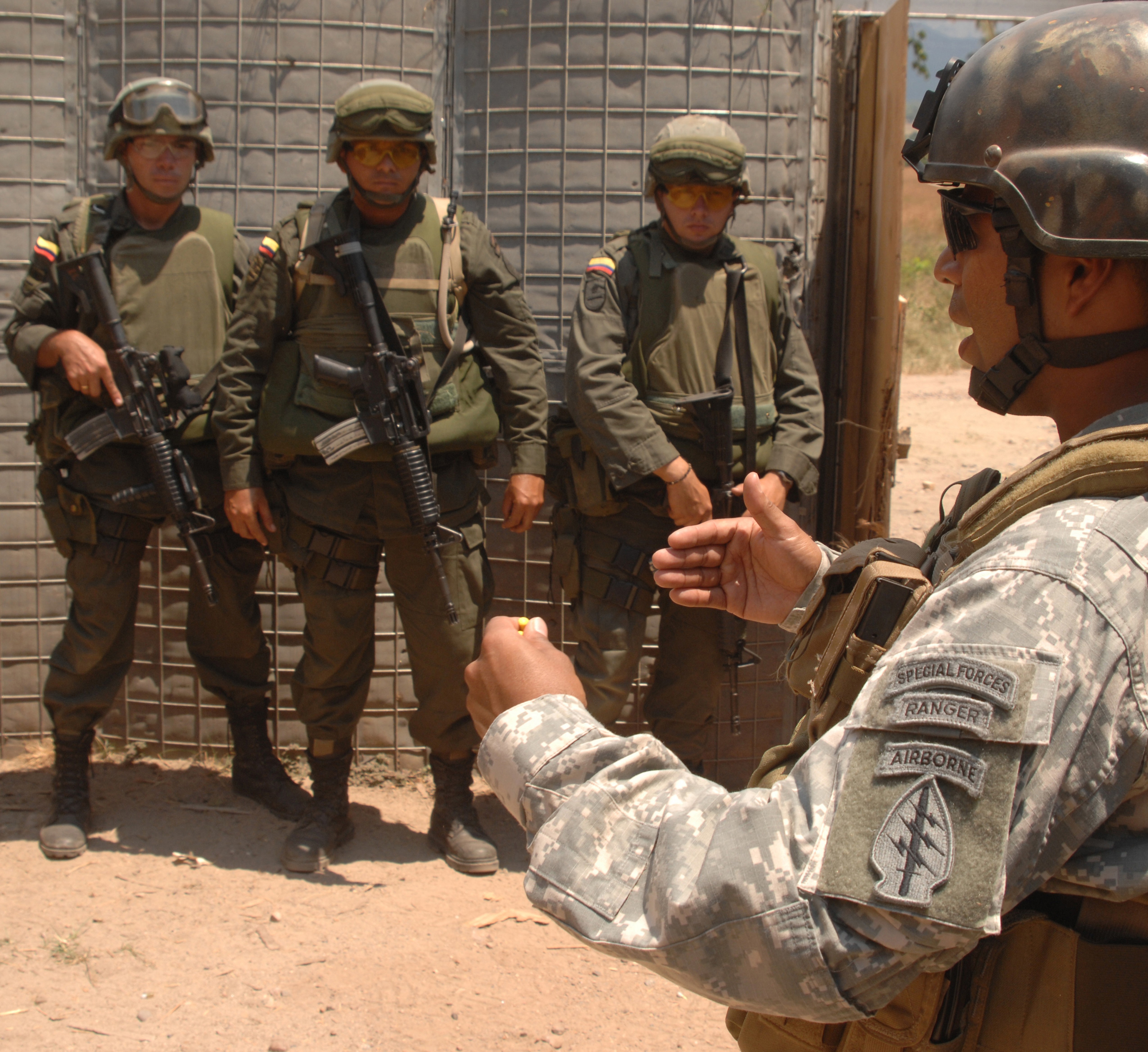
Social Sharing